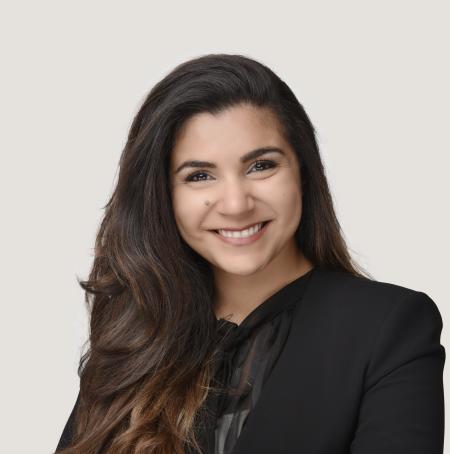Looking ahead to 2022, Invesco experts expect to see a continued growth of opportunities for investors looking for Shariah-compliant investment vehicles.
“Islamic finance has evolved significantly since it was established nearly five decades ago, but only in the last few years have we really seen rapid growth in investor interest and the number of Shariah-compliant products on offer,” said Zainab Kufaishi, Head of Middle East and Africa at Invesco. “As investors around the world have started to factor sustainable considerations in their investment solutions, especially as we come out of the Covid pandemic, we have seen a rising demand for Shariah-compliant investment products which by their nature align with responsible, social and ethical values.”
Islamic financial assets valued $3.374 billion at the end of 2020, up from $2.964 billion in 2019 and $2.2 billion in 2015, according to Refinitiv’s Islamic Finance Development Report 2021[1]. Contributing to this growth is the rise in the range of Islamic exchange traded funds (ETFs) from managers in the United States and Europe as well as Saudi Arabia, the UAE and elsewhere in the Middle East.
ETFs overall had a record year in 2021 with more than 900 new launches worldwide and over $1 trillion in global net inflows, taking assets under management to $9.9 trillion at the end of November[2]. Dr. Chris Mellor, Head of EMEA ETF Equity and Commodity Product Management, said: “ETFs are reputed for being simple, relatively cost-effective and efficient investment vehicles to gain exposure to diverse products, which drives much investor appeal. Beyond these favored characteristics, we can attribute the incredible demand that we’ve seen in 2021 to a handful of major trends, namely the rebound of global economies, the rise in stock market performance, and the increasing interest in environmental, social and governance (ESG) investing. We expect continued strong demand for ETFs with an ESG focus as investors seek investment strategies that provide exposure to companies that have a positive social and environmental impact.”
ESG principles and Shariah principles are complementary approaches in investing. Shariah-compliant ETFs are designed to provide investors seeking socially responsible and ethical investing solutions while adhering to Shariah investment guidelines. ETFs can provide investors with diversification across various market segments either by tracking an index, investing in a specific asset class or geography, or by following an investment theme.
“The growth of the European ETF market over the past decade has taken total assets to $1.6 trillion across more than 2400 funds,” said Dr. Mellor. “The choice for Shariah investors, however, has been extremely limited with very few suitable global equity UCITS ETFs in the market, leaving room for growth. In our discussions with investors to understand fully their financial objectives and key considerations such as income treatment and investment oversight, we have learned that they are looking for more investment choices. In addition to assurances in holding exposures, investors seek products that have lower annual charges than currently on the market.”
MSCI and S&P Dow Jones have both created indices that meet the standards of Shariah compliance focused on sector, asset class, region, or size. The market for Shariah ETF investors looking for global exposure, however, is limited, with combined assets under management of less than $500 million today[3]. The Dow Jones Islamic Market World Index is the world’s first Shariah-compliant benchmark launched in 1999. Since then, the Dow Jones index series includes broad-market, fixed income and thematic indices that adhere to the Shariah guidelines. The expense ratio for many Shariah-compliant ETFs ranges from .40% at the low end of the range to above .85%[4].
“Investors are looking more and more towards investments that align with their sustainability preferences and values,” said Zainab Kufaishi. “It is an exciting time ahead for the investing community as more options and innovative products come to market in response to this increase in demand.”

